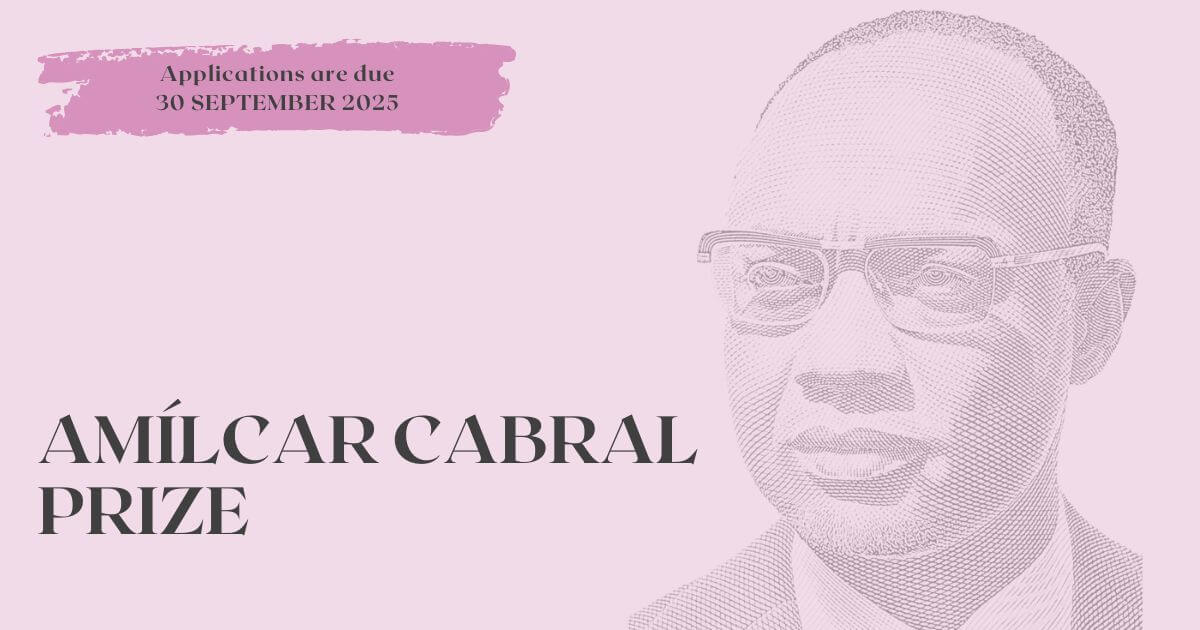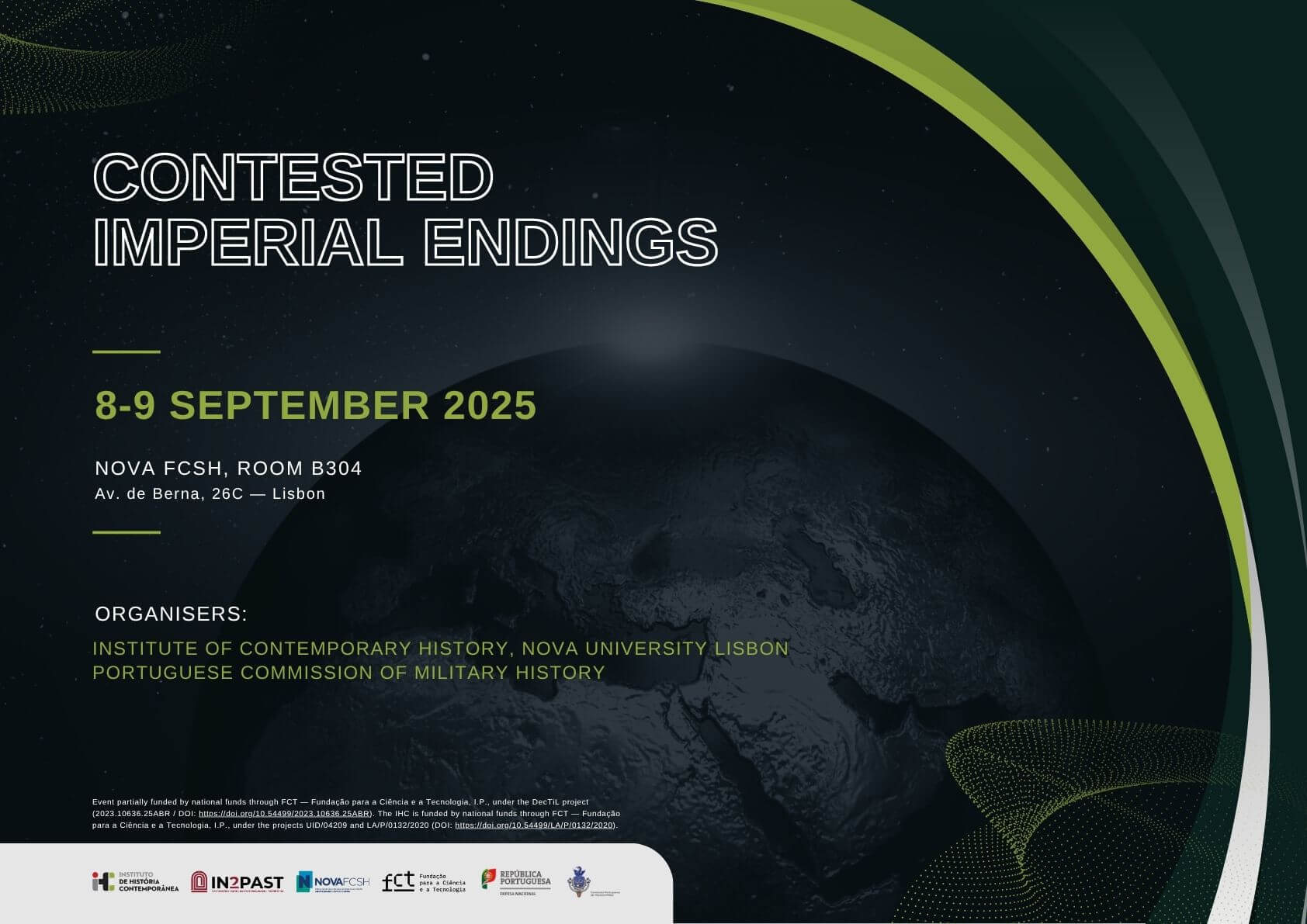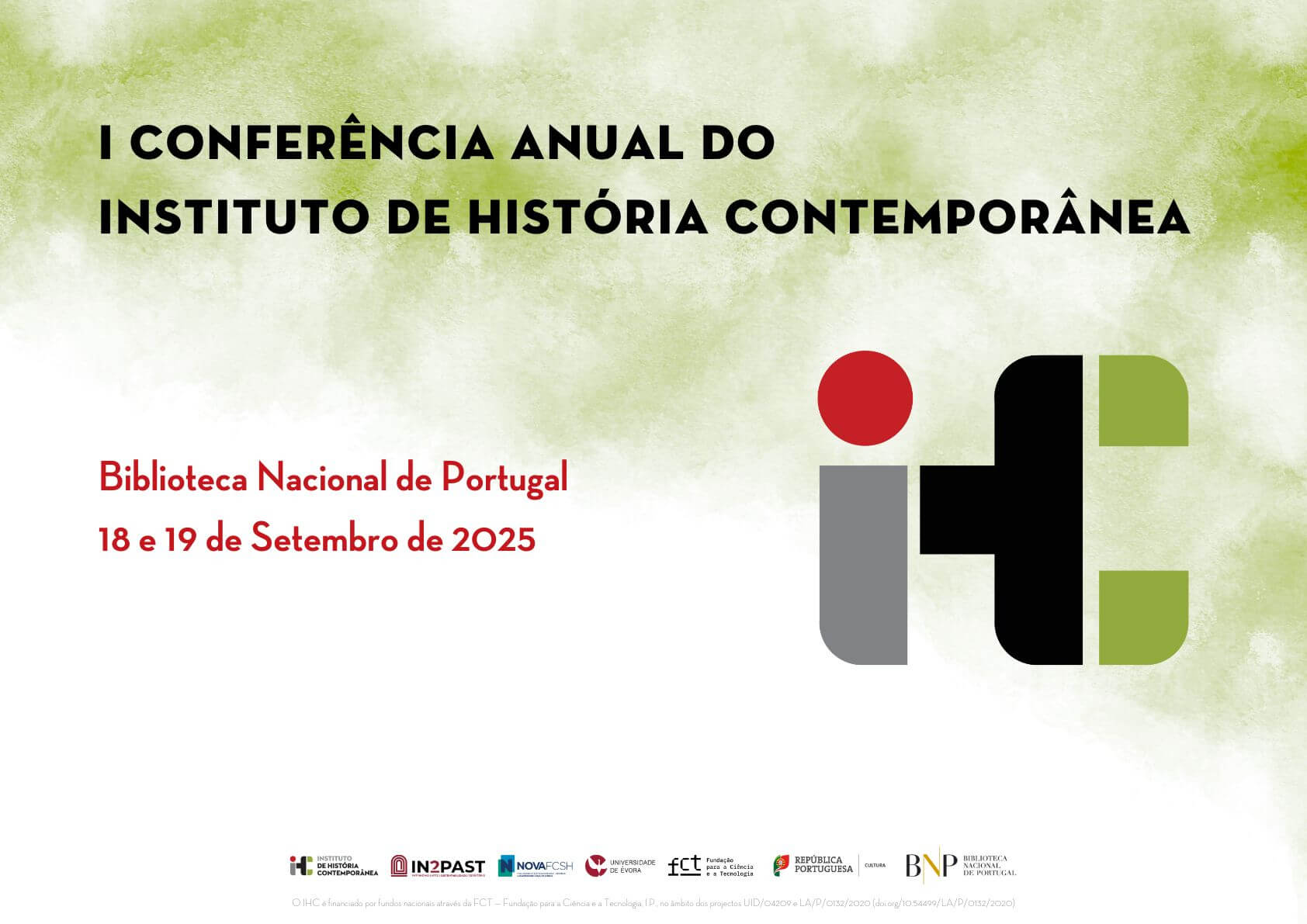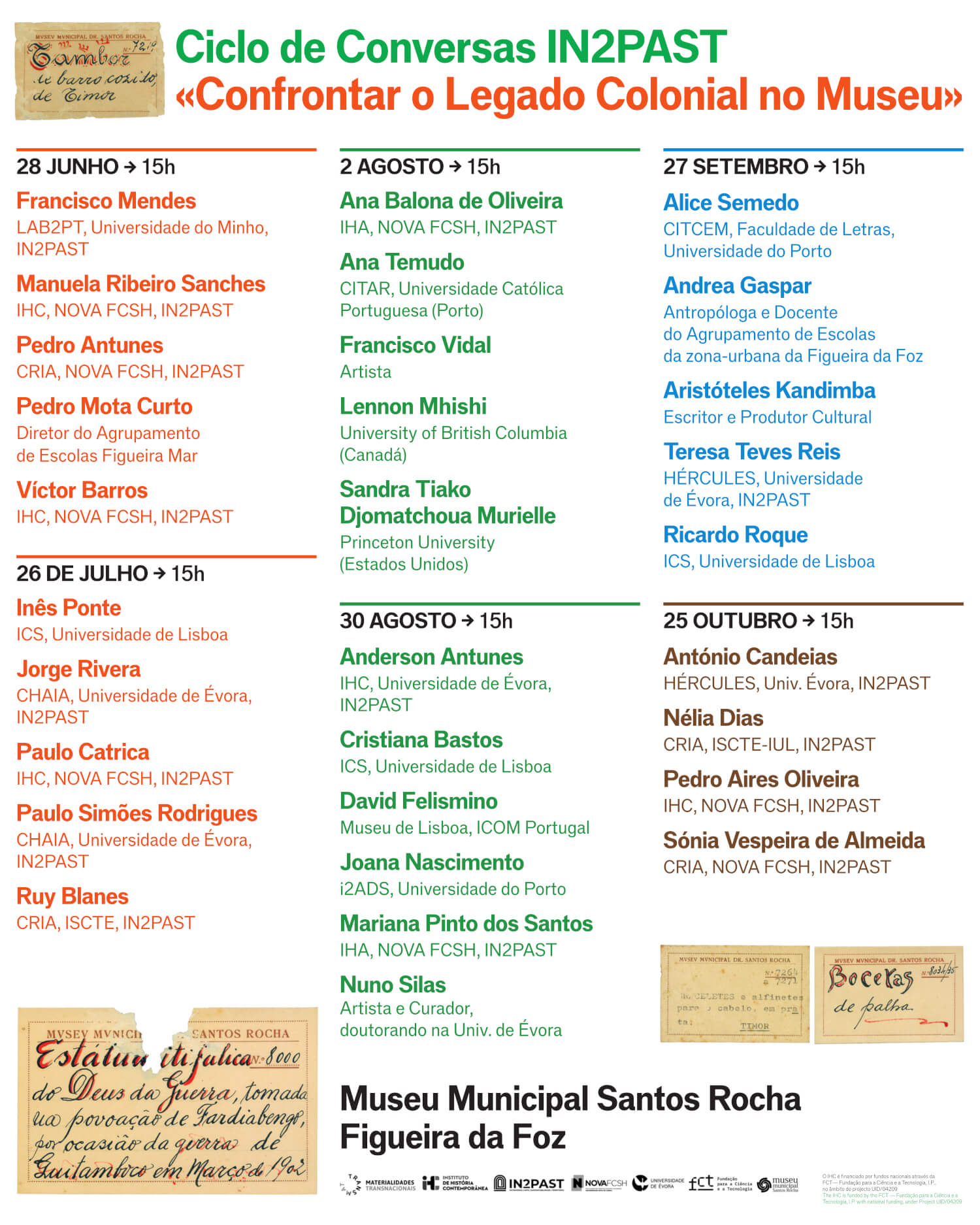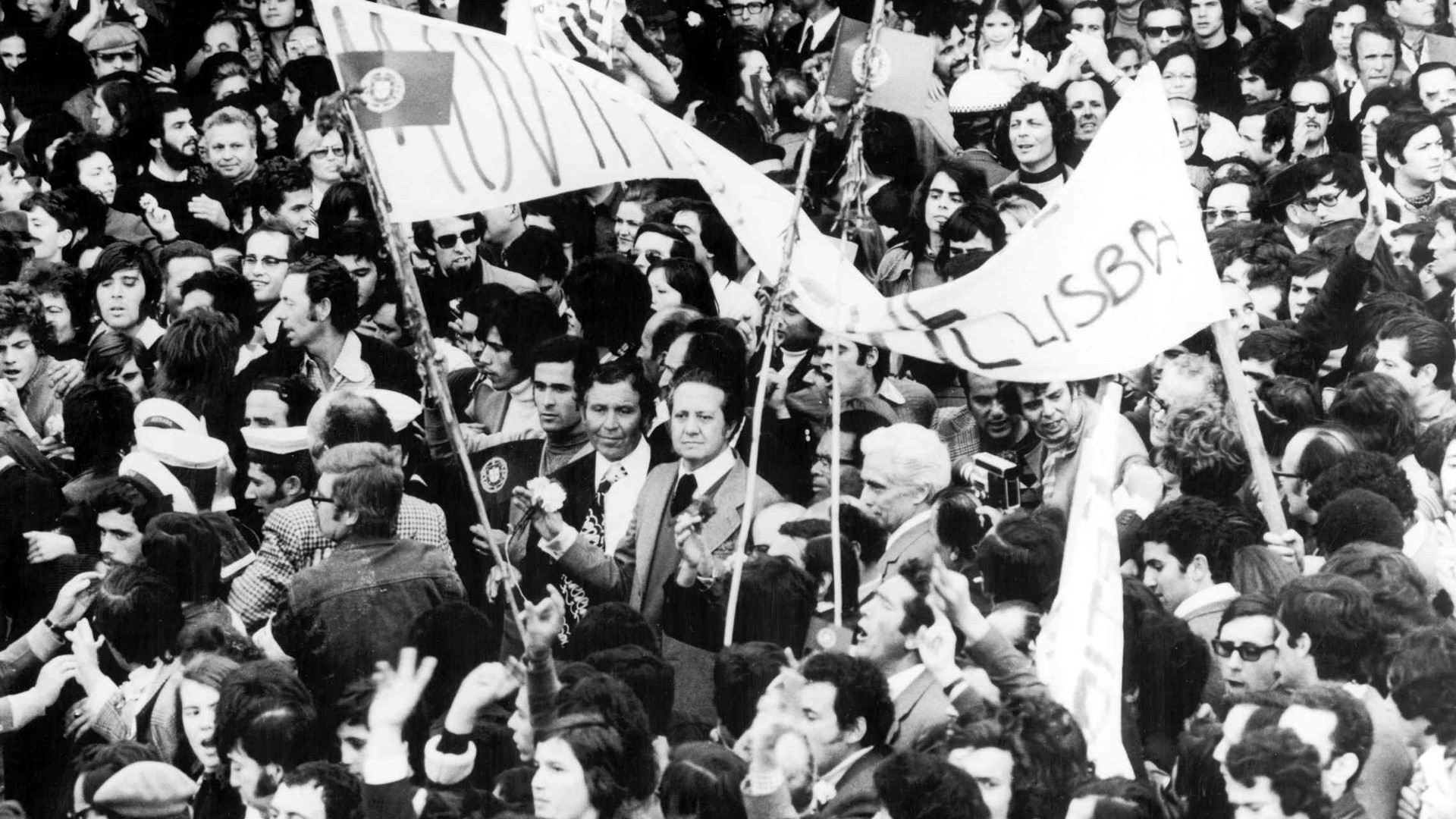
News
-
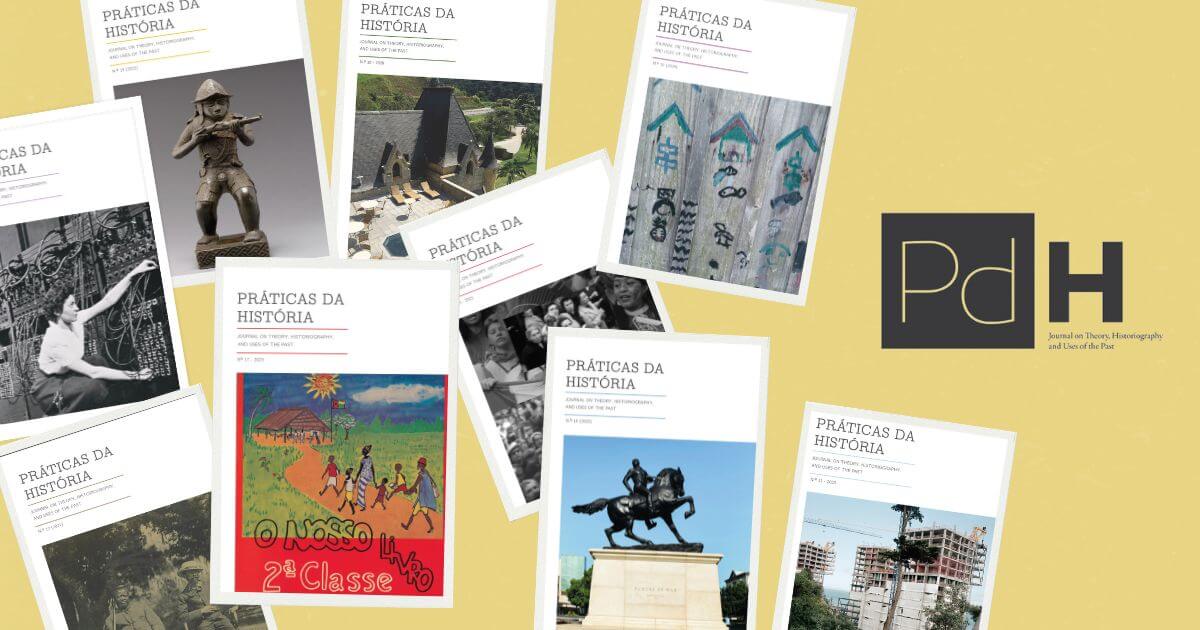 The first issue of the journal was published in July 2015
The first issue of the journal was published in July 2015 -
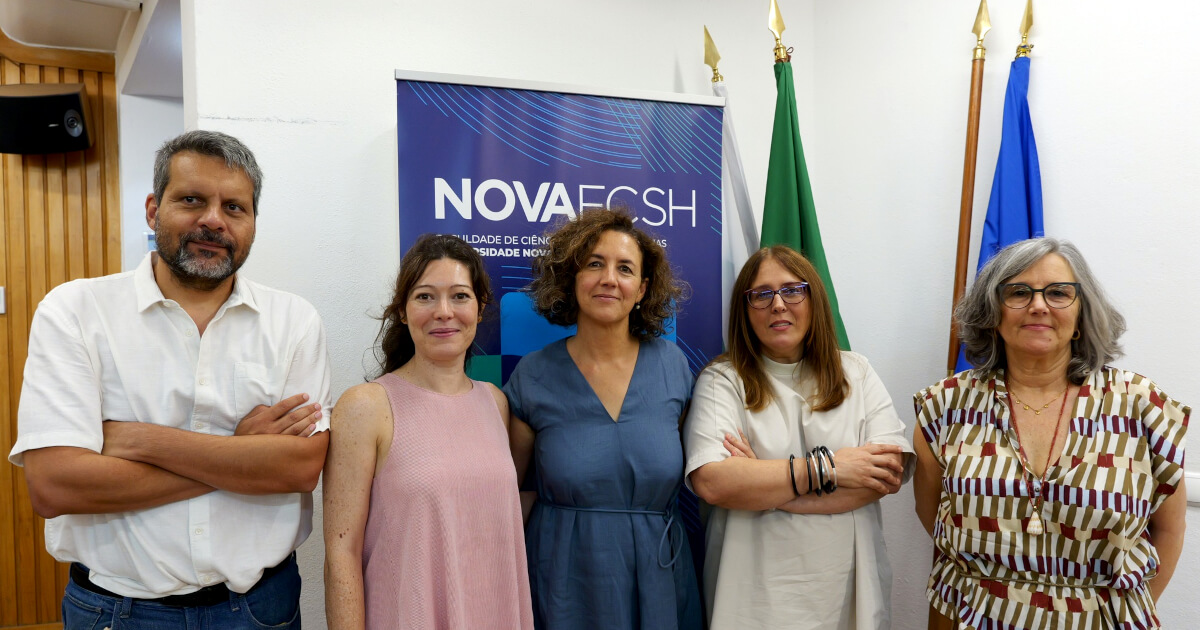 He was appointed Deputy Director for Planning and Infrastructures
He was appointed Deputy Director for Planning and Infrastructures
Events
september, 2025
Event Type :
All
All
Colloquium
Conference
Conference
Congress
Course
Cycle
Debate
Exhibition
Launch
Lecture
Meeting
Movie session
Open calls
Opening
Other
Presentation
Round table
Seminar
Showcase
Symposium
Tour
Workshop

Event Details
Workshop seeking to encourage a comparative discussion on dissolution of several European empires, with a greater emphasis on those which unravelled in the aftermath of post-1945 European decolonization. Contested
more
Event Details
Workshop seeking to encourage a comparative discussion on dissolution of several European empires, with a greater emphasis on those which unravelled in the aftermath of post-1945 European decolonization.
Contested Imperial Endings
In the twentieth century, the dissolution of several European empires occurred in the context of armed conflicts, whether major conflagrations such as the First World War or the counterinsurgency wars in colonial spaces. Some of these imperial break-ups were sudden, happening after military defeats, such as the capitulation of the German and Habsburg empires in 1918, or as the culmination of protracted colonial wars which proved to be deeply divisive among the metropolitan publics, such as the Algerian war of independence or the decolonization wars in Portuguese-speaking Africa. The circumstances surrounding some of the major political decisions which involved capitulations or negotiated agreements with nationalist movements may have been quite different, but there were significant similarities as well. In all these cases, a sense of wounded pride or deep resentment surfaced in the discussions that followed the political settlements that allowed for the surrender of territory.
Accusations of ‘scuttle’, ‘abandonment’, ‘neglect’, ‘irresponsibility’, or even ‘treason’, came to the fore in several debates, poisoning political discussions for quite some time. The myth of the ‘stab in the back’, which emerged after the German and Austrian collapse of 1918, and was also present in several debates in European metropoles after 1945, influenced conspiracy theories that shaped debates in the following years, with echoes that reach the present day.
Based on an ongoing research project that assesses metropolitan reactions to the conduct of the Portuguese military in East Timor in 1975, a workshop under the auspices of the Institute of Contemporary History and the Portuguese Commission of Military History, will be held in Lisbon in September 2025, seeking to encourage a comparative discussion on some of these themes in various contexts, with a greater emphasis (but not exclusively) on those which unravelled in the aftermath of post-1945 European decolonization.
Call for papers
We welcome papers which may highlight:
- The language and images which permeated debates in several countries (United Kingdon, France, Belgium, the Netherlands).
- The role of public opinion and the media.
- The undertaking of inquiry commissions into aspects of decolonization/imperial retreat.
- Attempts to bring charges against individuals (politicians, military) in courts of law.
- The consequences experienced by those targeted by the accusations (i.e., in their political and professional careers, or even on a more violent level).
Please send your abstract (max. 300 words) until 30 May 12 June to projetodectil@gmail.com.
The organizing committee will reply until 15 June.
English will be the working language.
Presentations should be no longer than 20 minutes.
The expected outcome of the workshop is the submission of a dossier/special issue to an international peer-reviewed journal.
>> Download the Call for Papers (PDF) <<
Organisers:
Institute of Contemporary History, NOVA University Lisbon
Portuguese Commission of Military History
The event is part of the FCT research project DecTiL — Auditing Decolonization in Timor-Leste, 1974-82: the Riscado Report (doi.org/10.54499/2023.10636.25ABR)
Time
8 (Monday) 9:00 am - 9 (Tuesday) 4:00 pm
Organizer
Institute of Contemporary History — NOVA School of Social Sciences and Humanities and the Portuguese Commission of Military History
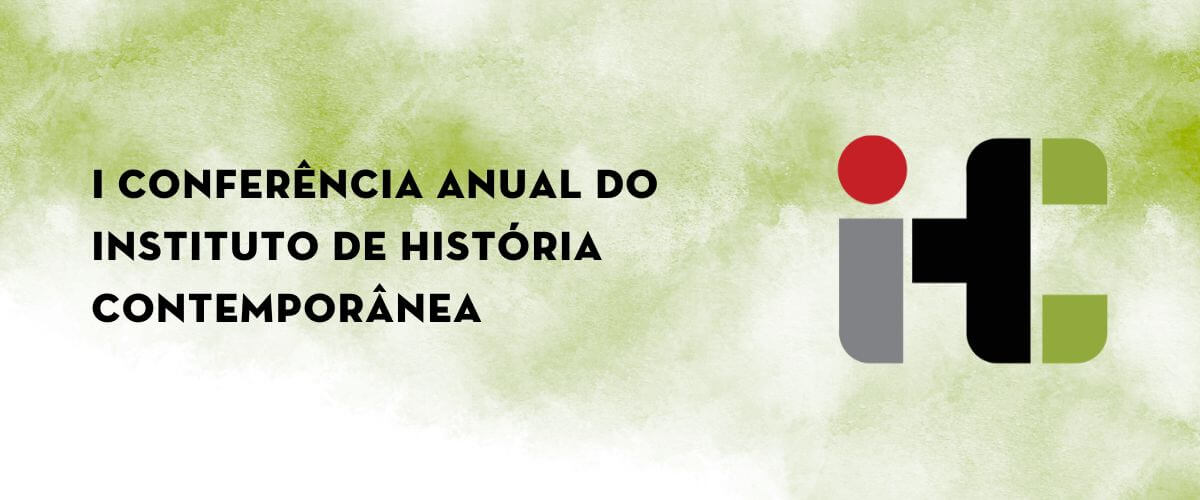
Event Details
The first edition of the Annual Conference of the Institute of Contemporary History, which promotes the relationship between Research Groups and disseminates the IHC's research to a wider audience.
more
Event Details
The first edition of the Annual Conference of the Institute of Contemporary History, which promotes the relationship between Research Groups and disseminates the IHC’s research to a wider audience.
I Conferência Anual do Instituto de História Contemporânea
A Conferência do IHC é um evento de dois dias, composta por vários painéis partilhados por membros dos diferentes Grupos de Investigação do Instituto. O objetivo é duplo: desenvolver relações entre investigadores/as e investigações de diferentes grupos (tanto a nível temático como conceptual), por um lado, e abrir novos campos interdisciplinares no interior da historiografia, bem como entre esta e outras disciplinas, por outro. A Conferência Anual procura ainda dar a conhecer a investigação desenvolvida no Instituto a um público mais vasto. Nesse sentido, tem lugar no auditório da Biblioteca Nacional de Portugal.
>> Descarregar o programa (PDF)
>> Descarregar o programa com livro de resumos (PDF)
Time
18 (Thursday) 9:00 am - 19 (Friday) 7:30 pm
Organizer
Institute of Contemporary History - NOVA FCSH and University of Évora
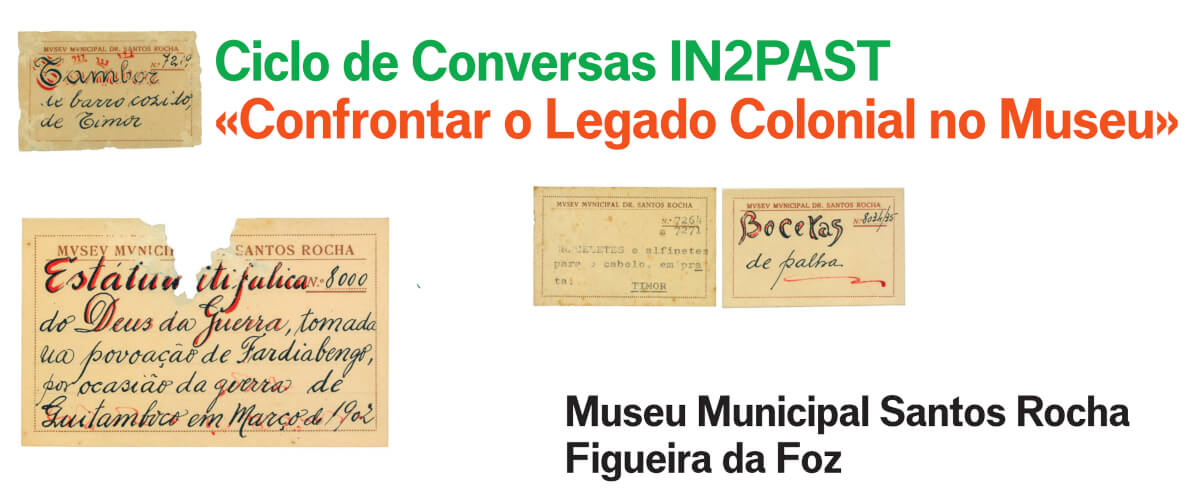
Event Details
A series of debates organised as part of the TRANSMAT project, the aim of which is to critically reflect on the colonial legacy in Portuguese museums.
more
Event Details
A series of debates organised as part of the TRANSMAT project, the aim of which is to critically reflect on the colonial legacy in Portuguese museums.
Confrontar o Legado Colonial no Museu
Entre Junho e Outubro de 2025, o Museu Municipal Santos Rocha, na Figueira da Foz, será palco do ciclo de conversas Confrontar o Legado Colonial no Museu, uma iniciativa promovida pelo projecto TRANSMAT em parceria com o Museu Municipal Santos Rocha que reúne vozes diversas para reflectir criticamente sobre o legado colonial nos museus portugueses.
Ao longo de seis sessões, investigadores/as, artistas, curadores/as, escritores/as, docentes e outras personalidades convidam o público a participar num debate plural e aberto sobre memória, património e identidade. As sessões vão contar com a participação activa de personalidades locais, como Pedro Mota Curto (Diretor do Agrupamento de Escolas Figueira Mar) e Andrea Gaspar (Antropóloga e docente do Agrupamento de escolas zona urbana da Figueira da Foz), reforçando o envolvimento da comunidade da Figueira da Foz neste debate fundamental. Artistas como Francisco Vidal e Nuno Silas trazem o olhar das artes visuais para o centro da discussão, enriquecendo a troca de experiências e saberes. Contamos igualmente com a participação de Aristóteles Kandimba, escritor, investigador, produtor e fundador do Colectivo Tributo aos Ancestrais PT, cujo contributo tem sido fundamental no resgate e valorização das memórias e culturas afro-descendentes em Portugal.
Participe e faça parte desta reflexão colectiva sobre património, memória e transformação social na Figueira da Foz.
>> Descarregar o programa (PDF) <<
Quinta sessão:
Alice Semedo (CITCEM — FLUP)
Andrea Gaspar (Agrupamento de Escolas da Figueira da Foz)
Aristóteles Kandimba (Escritor e Produtor Cultural)
Teresa Teves Reis (HERCULES — Universidade de Évora / IN2PAST)
Ricardo Roque (ICS — Universidade de Lisboa)
Time
(Saturday) 3:00 pm - 5:00 pm
Organizer
Institute of Contemporary History — University of Évora and the Santos Rocha Municipal Museum
Publications

Review of ‘Women’s History at the Cutting Edge’
Giulia Strippoli writes a critical review of the book Women’s History at the Cutting Edge, edited by Teresa Bertilotti, on women’s history.

Review of ‘Subterranean Fanon’
Manuela Ribeiro Sanches writes a critical review of the book Subterranean Fanon, by Gavin Arnall, on Frantz Fanon.

On the debates on populism
Paper by Fernando Dores Costa, published in the journal Práticas da História, where he analyses the phenomenon of populism.

Administrar para manter o regime
Chapter by Ana Carina Azevedo, included in the book Construção do Estado, Movimentos Sociais e Economia Política, about public administration reform.

A era dos congressos
Chapter by Joana Dias Pereira, included in the book Construção do Estado, Movimentos Sociais e Economia Política, about the associative movement and liberalism.

Construção do Estado, Movimentos Sociais e Economia Política
Book coordinated by Joana Dias Pereira et al. about the processes of construction of the Contemporary State and its articulation with social movements.
Search
News
Práticas da História celebrates 10 years
Jul 24, 2025
The first issue of the journal was published in July 2015
José Neves joins the new FCSH Board
Jul 21, 2025
He was appointed Deputy Director for Planning and Infrastructures
Fourth edition of the Amílcar Cabral Prize
Jul 17, 2025
Applications are open until 30 September
Opportunities
Amílcar Cabral Prize – 4th Edition
Sep 30
Deadline: 30 September 2025
Assistant Professor — History — FCT Tenure V
Sep 10
Deadline: 10 September 2025
Assistant Professor — History — FCT Tenure IV
Sep 10
Deadline: 10 September 2025

